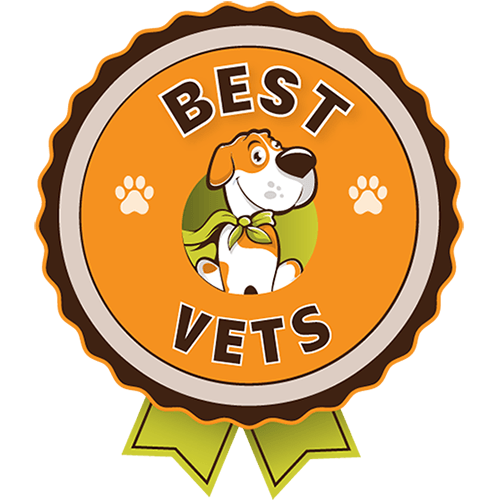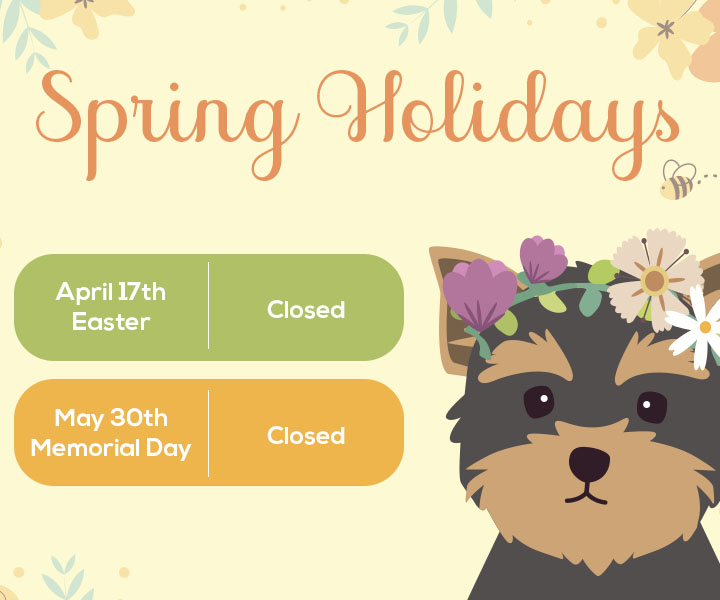Understanding Pet Endoscopy Procedures
Endoscopy is a valuable diagnostic and therapeutic tool in veterinary medicine. It allows veterinarians to visually examine the inside of organs and tissues without the need for major surgery. This procedure is not just about advanced technology; it's about providing a safer, quicker recovery option for pets and peace of mind for pet owners.
Understanding Endoscopy
Endoscopy involves the use of a thin, flexible tube equipped with a camera and light source. This tube, called an endoscope, is inserted into the body through a small incision or natural opening. The images captured by the camera are displayed on a monitor, allowing the veterinarian to assess the condition of the internal organs.
Common Endoscopy Procedures
Endoscopy can be used to examine various parts of the body. Here are some of the most common types of endoscopy procedures performed on pets in Edmond, OK:
Upper Gastrointestinal Endoscopy (UGIE)
Purpose: To examine the esophagus, stomach, and duodenum (the first part of the small intestine).
Uses:
- Diagnosing swallowing difficulties (dysphagia): Endoscopy can help identify the cause of swallowing difficulties, such as strictures, tumors, or foreign bodies.
- Detecting ulcers, gastritis, or other inflammatory conditions: Endoscopy can provide a direct view of the lining of the esophagus, stomach, and duodenum, allowing for the detection of ulcers, gastritis, or other inflammatory conditions.
- Identifying foreign bodies that may be stuck in the digestive tract: Endoscopy can be used to locate and remove foreign bodies that may be lodged in the esophagus, stomach, or duodenum.
- Assessing the effectiveness of treatment for gastrointestinal disorders: Endoscopy can be used to monitor the healing of ulcers or other conditions, and to assess the effectiveness of treatment.
Lower Gastrointestinal Endoscopy (LGIE)
Purpose: To examine the colon and rectum.
Uses:
- Investigating chronic diarrhea or constipation: Endoscopy can help identify the underlying cause of chronic diarrhea or constipation, such as inflammatory bowel disease, polyps, or tumors.
- Diagnosing inflammatory bowel disease (IBD): Endoscopy can be used to diagnose inflammatory bowel disease, a chronic condition that causes inflammation of the intestinal lining.
- Detecting polyps, tumors, or other abnormalities in the colon: Endoscopy can help identify polyps, tumors, or other abnormalities in the colon that may be precancerous or cancerous.
- Assessing the effectiveness of treatment for gastrointestinal disorders: Endoscopy can be used to monitor the progress of treatment for gastrointestinal disorders and to detect any recurrence of the condition.
Other Endoscopic Procedures
- Bronchoscopy: Examination of the airways, including the trachea and bronchi. Used to diagnose respiratory diseases such as pneumonia, bronchitis, or foreign body aspiration.
- Cystoscopy: Examination of the bladder and urethra. Used to diagnose urinary tract infections, bladder stones, or tumors.
- Laparoscopy: Examination of the abdominal cavity. Used to diagnose and treat various abdominal conditions, such as hernias, cysts, or tumors.
What to Expect During and After an Endoscopy
If your pet needs an endoscopy, understanding the procedure can help ease your mind. The process begins with a thorough examination and sedation, ensuring your pet is comfortable and still during the procedure. The endoscope is then carefully inserted into the appropriate area, such as the mouth, nose, or rectum, allowing the veterinarian to inspect internal organs like the stomach, intestines, or lungs. The procedure is usually quick, often lasting between 20 to 40 minutes, depending on the complexity of the case.
After the endoscopy, your pet will be monitored closely as they wake up from sedation. Here’s what you can expect during the recovery phase:
Mild Discomfort: Some pets may experience slight discomfort or grogginess, but this typically resolves within a few hours.
Minimal Downtime: Unlike traditional surgery, pets often return to their normal activities within a day.
Post-Procedure Care: It’s important to follow your vet’s instructions, which may include dietary restrictions or limited activity for a short period.
Monitoring your pet for any signs of distress or unusual behavior after the procedure is crucial. If any concerns arise, contact your veterinarian promptly. Overall, pet endoscopy offers a smooth and swift recovery, making it a preferred choice for both diagnostics and treatment.
Benefits of Endoscopy for Pets
Endoscopy offers several advantages over traditional surgical procedures, including:
- Minimal invasiveness: Endoscopy involves smaller incisions and less tissue trauma, resulting in a faster recovery time and reduced discomfort for your pet.
- Accurate diagnosis: Endoscopy provides a direct view of the internal organs, allowing for more accurate diagnosis of various conditions.
- Treatment options: In some cases, endoscopy can be used for therapeutic purposes, such as removing foreign bodies or polyps.
- Reduced risk of complications: Compared to surgery, endoscopy is generally associated with a lower risk of complications.
If you suspect that your pet may benefit from an endoscopy procedure, it's important to consult with your Edmond veterinarian. They can evaluate your pet's condition and determine if endoscopy is the appropriate course of action.
Your Trusted Partner for Endoscopy Procedures in Edmond, OK
At Stoneridge Animal Hospital, our experienced veterinarians are dedicated to providing high-quality pet endoscopy services using state-of-the-art equipment. Whether your pet is experiencing gastrointestinal issues, respiratory problems, or urinary tract concerns, endoscopy can help provide accurate diagnoses and effective treatment options.
If you believe your pet may benefit from an endoscopy procedure, don't hesitate to contact Stoneridge Animal Hospital. Our team of experts is committed to providing compassionate care and personalized treatment plans for your furry friend. Schedule an appointment today to learn more about how endoscopy can improve your pet's health and well-being.
When you subscribe to the blog, we will send you an e-mail when there are new updates on the site so you wouldn't miss them.





